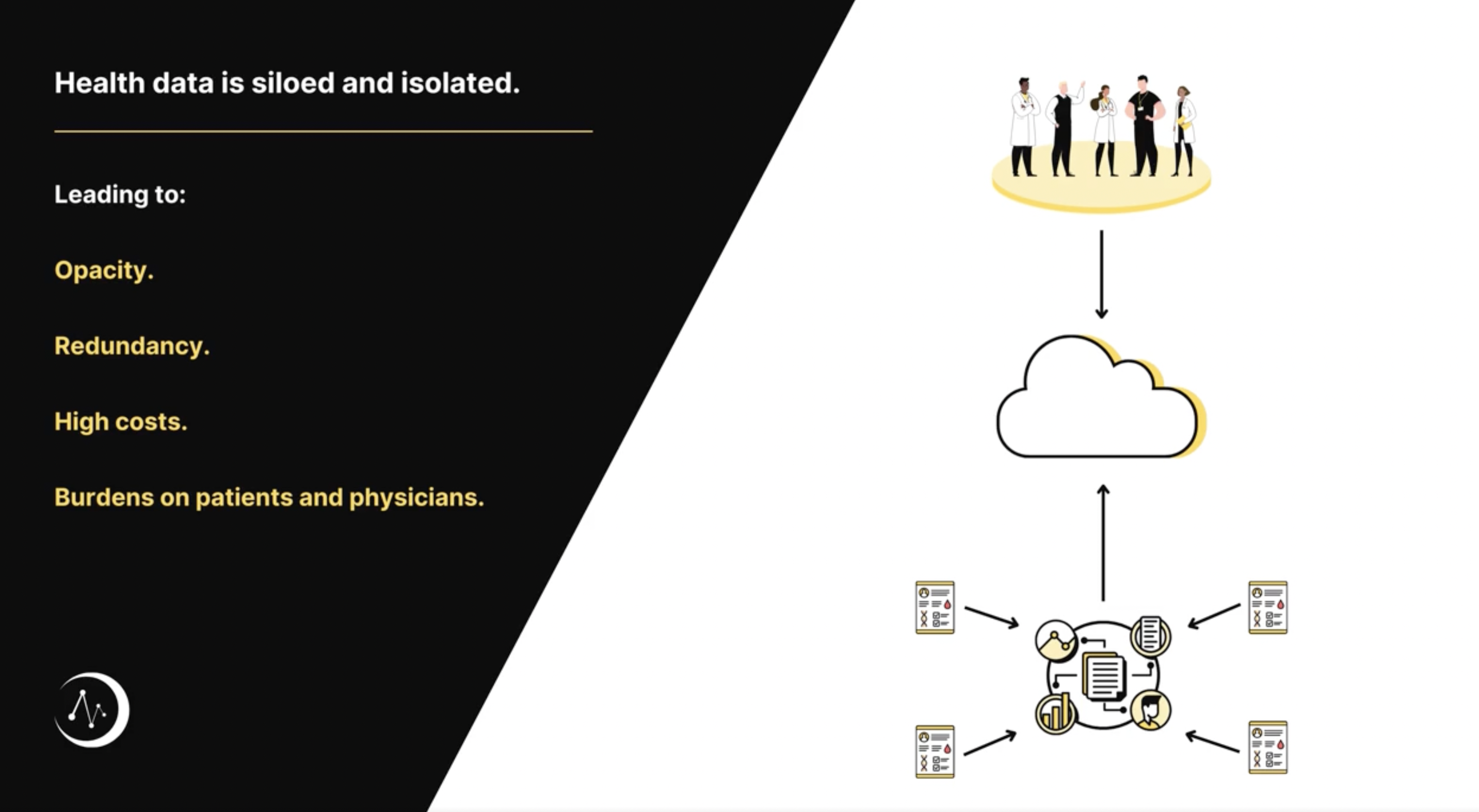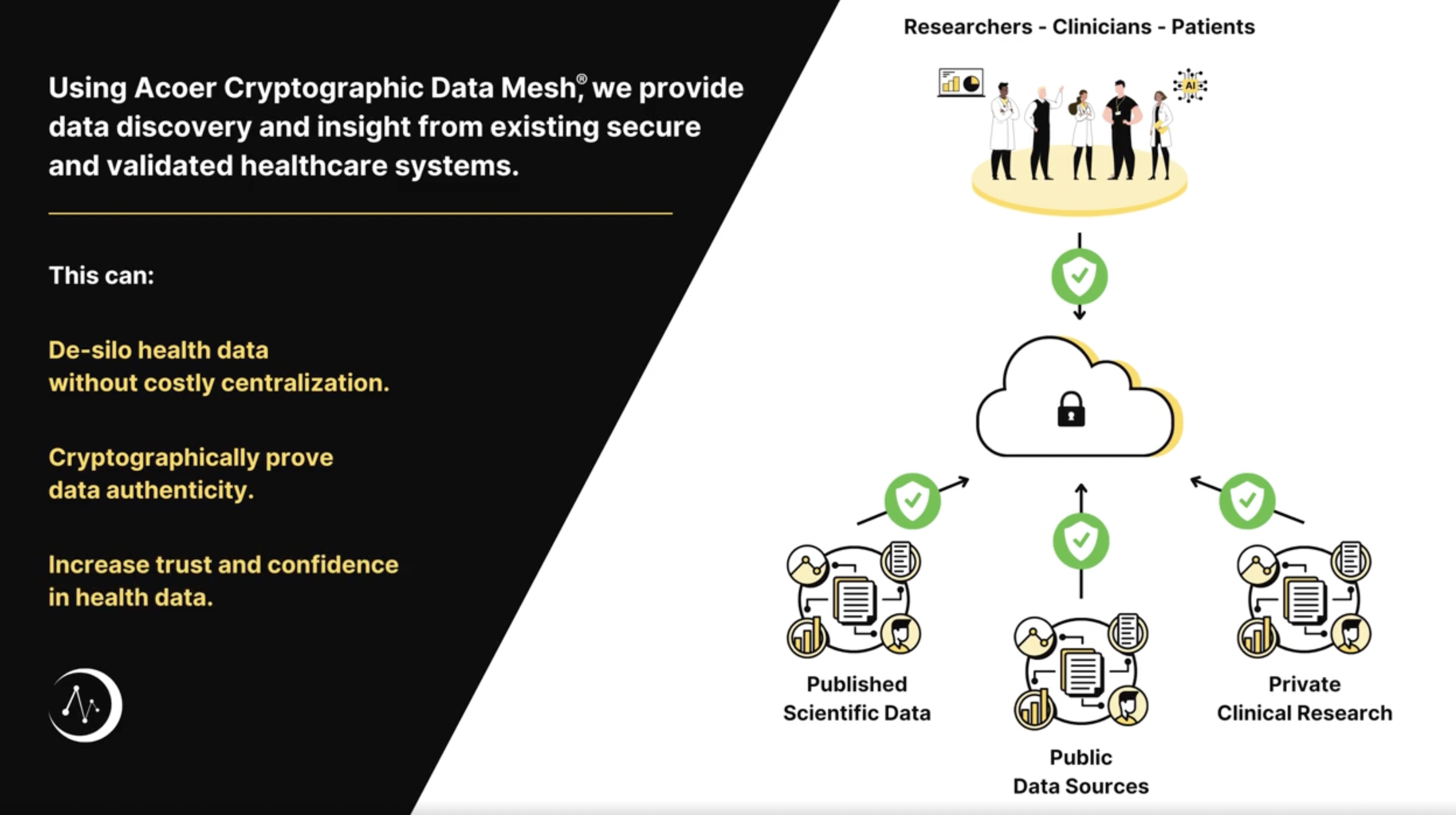Ethical AI in Healthcare
July 9, 2024
Healthcare and health research have in recent years gone through immense changes due to the increasing use of big data and artificial intelligence (AI). These technologies promise to improve patient care, by enabling early detection of diseases such as cancer, enhancing treatment precision, and ultimately saving lives. AI can sift through vast amounts of data to identify patterns and anomalies that would be impossible for humans to detect with the same speed and accuracy. For example, AI algorithms can analyze medical images to spot early signs of cancer, leading to earlier interventions and better patient outcomes. Additionally, AI can personalize treatment plans by analyzing patient data to predict how individuals will respond to different therapies, thus improving the effectiveness of treatments.
However, the effectiveness of any AI models depends on the quality and integrity of the data it is trained on. If the data is biased or incomplete, the AI models will likely produce skewed or inaccurate results. This can lead to misdiagnoses, ineffective treatments, and even exacerbate existing health disparities. Ensuring that AI is trained on high-quality, diverse, and representative data is crucial for it to be a reliable tool in healthcare.
The need for Ethical AI was also highlighted in the Philips Future Health Index 2024 report. The report revealed that 87% of healthcare leaders are concerned about data bias in AI applications potentially widening existing health disparities. This statistic showcases a significant concern within the industry about the ethical implications of AI, and you can read more about this report in our recent LinkedIn post.

Cryptographic Data Mesh
Here at Acoer, we tackle these concerns head-on by ensuring transparency, interpretability, and continuous training in AI applications. Because of the critical need for ethical AI, we have created our Cryptographic Data Mesh. This innovative solution is designed to maintain data integrity and privacy while enabling the integration and analysis of diverse health data sources. By cryptographically proving data authenticity through the use of Hedera Hashgraph, our Cryptographic Data Mesh ensures that the data used to train AI models is accurate and trustworthy, which is fundamental for developing reliable AI systems that can truly improve healthcare.
Additionally to this, the current cost model for indiscriminate data migration to cloud service providers and centralized AI analyses is totally unsustainable. Effective patient care relies on accurate and timely access to this data, but healthcare professionals frequently face significant hurdles in accessing and integrating it into a cohesive patient story. Cryptographic Data Mesh enables federated search across decentralized health data sources, and ensures data authenticity and privacy without the need for costly centralization. This approach significantly reduces the burden of data migration and leverages existing infrastructure, leading to substantial cost savings.
By connecting diverse data sources into a unified architecture, we enhance insights and enable secure analytics and AI discovery on decentralized, validated health data systems. This innovative approach ensures that data remains secure and compliant with current data security protocols and HIPAA standards, while also enhancing interoperability and data accessibility.

Our mission at Acoer is to improve lives through impactful and ethical healthcare innovations. As we continue to develop and deploy our Cryptographic Data Mesh, we are committed to supporting clinical data analysis for various critical areas, including cancer research, cold exposure studies, and novel cancer therapies. Our approach ensures that healthcare professionals can access and utilize data more effectively, leading to better patient outcomes and more efficient healthcare delivery. If you would like to learn more about our Cryptographic Data Mesh, you can watch our demo video or visit Hedera's website, where they talk more about our use cases!
